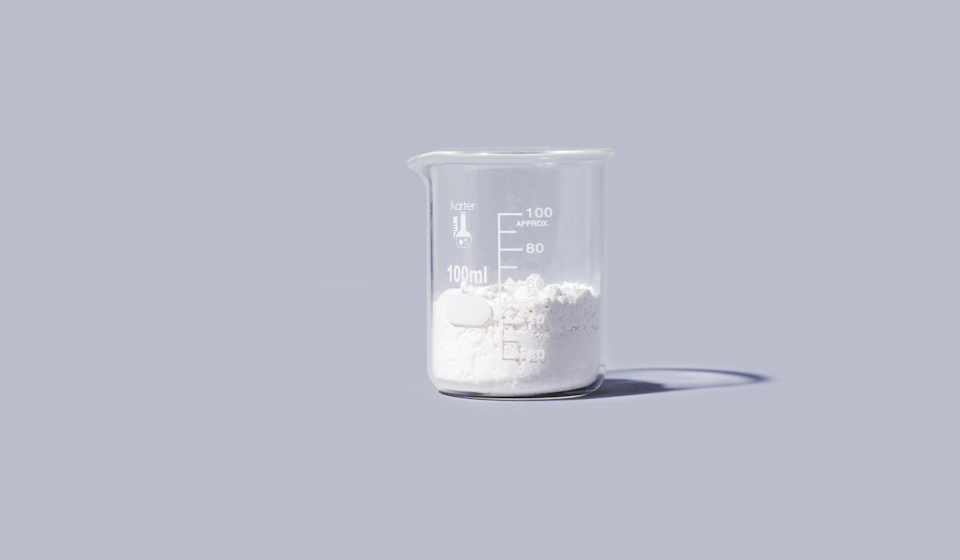

7 min read
How Ritual Defines High-Quality Ingredients


Anmar has been in the industry since 1995 and was purchased by a Swedish company called Cellmark in 2014. There are a lot of traditional import/export distributors in the industry, but what makes us different is that we actually have a production facility here in Connecticut that’s been in operation since 1998. Instead of just distributing raw materials, we actually manufacture our own nutrient blends as well.
Research shows that pregnancy and breastfeeding are two stages in life associated with lower levels of Biotin. That’s part of the reason why prenatal vitamins are so important.*
USP stands for “United States Pharmacopeia.” USP certification is a sign that the product has passed third-party certification requirements and is acceptable for fooduse. In order to receive the certification, the product has to pass rigorous safety standards and must be produced in a cGMP certified factory.
We do not manufacture the pure Biotin ourselves, but rather make a blend. A lot of blends are a dry blends, but ours is a wet blend. Think of a sandbox. You have white sand, and you add 5% black sand. It’s not going to scatter uniformly. With a wet blend, we can create a more uniform blend. The pure Biotin is blended into microcrystalline cellulose--a bulking agent that’s very common in the supplement industry that helps us get the dosages right.
The pure Biotin itself is a synthesized form from China, which is where most pure Biotin is from. At Cellmark, we have offices in 30 countries, so we have a lot of sourcing power. We look everywhere to find the best quality materials. We go to the factories ourselves and audit each one for quality and safety standards. We quality test everything that we bring in. We choose suppliers that make a high quality product, not suppliers that offer the best price. Because of all the testing we do, we are never the cheapest option, but we deliver very high quality products.*

Dr. Mastaneh Sharafi, PhD, RD, SVP, Science and Innovation
Dr. Mastaneh Sharafi has a PhD in Nutritional Sciences and is a Registered Dietitian. She received her training from Penn State University and University of Connecticut where she researched dietary patterns, chemosensory perception and community nutrition. Her dietetic work is focused on promoting healthy eating habits by translating the science of nutrition into practical information for the public.
LinkedIn
Dr. Mastaneh Sharafi, PhD, RD, SVP, Science and Innovation
Dr. Mastaneh Sharafi has a PhD in Nutritional Sciences and is a Registered Dietitian. She received her training from Penn State University and University of Connecticut where she researched dietary patterns, chemosensory perception and community nutrition. Her dietetic work is focused on promoting healthy eating habits by translating the science of nutrition into practical information for the public.
LinkedInThis article was written by our content specialist.

Victoria Hoff, Writer
Victoria Hoff is an accomplished writer, journalist, and former wellness editor who has covered a wide variety of health, nutrition, and wellness topics during her tenure. She graduated Magna Cum Laude with a Bachelor of Arts from New York University, and after writing for Vogue, Elle, Byrdie, The/Thirty, and more, channeled her editorial skills into a marketing career.
LinkedIn
Victoria Hoff, Writer
Victoria Hoff is an accomplished writer, journalist, and former wellness editor who has covered a wide variety of health, nutrition, and wellness topics during her tenure. She graduated Magna Cum Laude with a Bachelor of Arts from New York University, and after writing for Vogue, Elle, Byrdie, The/Thirty, and more, channeled her editorial skills into a marketing career.
LinkedIn